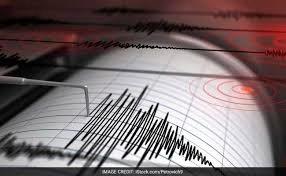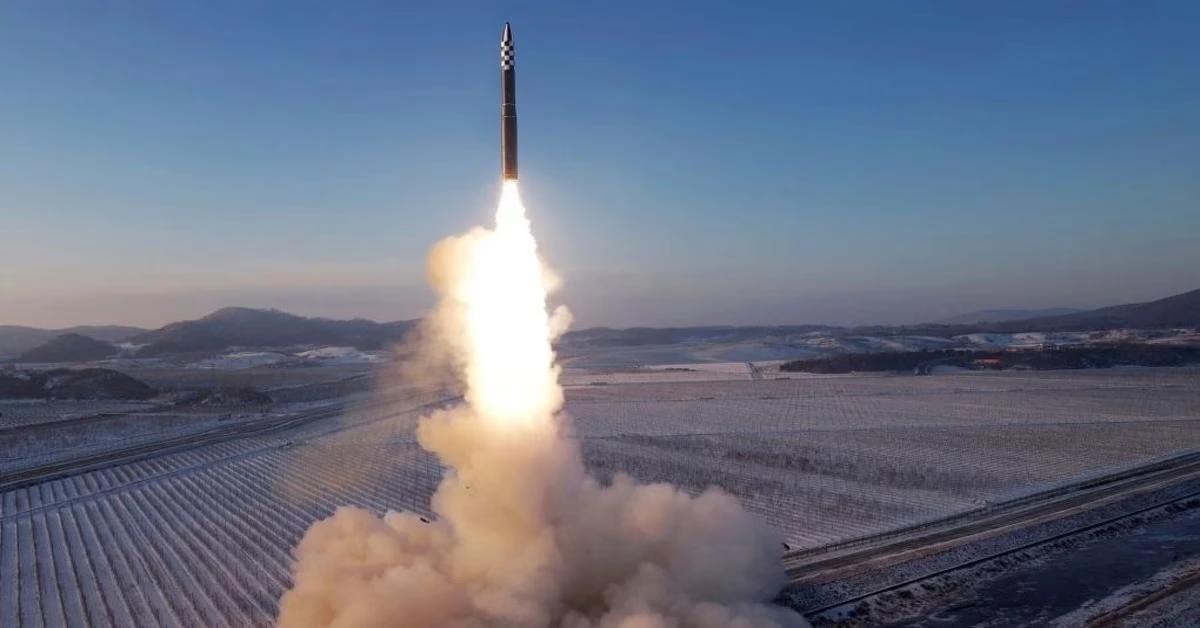In a landmark and controversial decision, a parliamentary committee in New Zealand has recommended the suspension of three Māori Members of Parliament who staged a powerful haka protest during a debate over a contentious bill affecting indigenous rights. The incident, which took place last year during a vote, has sparked nationwide and international attention, reigniting debates about cultural expression, colonial legacy, and indigenous rights within formal government institutions.
Māori Lawmakers Punished for Cultural Protest
The Parliamentary Proletarian Committee has recommended that Debbie Ngarewa-Packer and Rawiri Waititi, two co-leaders of the Māori Party, be suspended from parliamentary proceedings for 21 days. Their colleague, Hana-Rawhiti Maipi-Clarke, is facing a 7-day suspension. These recommendations, if adopted by the wider parliament, would mark the first time in New Zealand’s history that indigenous MPs face formal suspension for performing a traditional cultural expression during legislative proceedings.
The protest, a haka performance, took place during the passage of a controversial bill that proposes a reinterpretation of the Treaty of Waitangi—the foundational agreement signed in 1840 between the British Crown and Māori chiefs. The bill, which critics say threatens the spirit and authority of the treaty, has been labeled by Māori leaders as “colonial” and regressive.
What Is the Haka?
The haka is a traditional Māori dance known for its intensity, symbolism, and historic power. It is used to express resistance, solidarity, mourning, or celebration, and has been globally recognized, often performed by New Zealand’s All Blacks rugby team before matches. However, in the context of this protest, the haka was used as a political and cultural statement—a form of resistance against a bill Māori MPs argue undermines their ancestral rights and heritage.
While songs and haka performances are not unheard of in New Zealand’s parliament, procedural rules require prior approval from the Speaker—unless the performance occurs during a sanctioned speech. In this case, no such permission had been granted, prompting disciplinary action.
The Protest and Its Message
During the session, as the vote on the bill commenced, the Māori MPs rose and began performing the haka. The gesture was spontaneous, forceful, and symbolic—intended to draw attention to what they described as a threat to Māori identity and autonomy.
The MPs later defended their actions, arguing that their cultural identity cannot be separated from their political voice. They stated that the protest was a response to legislation that would rewrite the narrative of the Treaty of Waitangi in ways they believe would weaken indigenous rights and empower colonial interpretations of the agreement.
In public statements following the incident, Rawiri Waititi said:
The haka is not just a dance—it is our voice, our ancestors’ voice, and a declaration that our culture cannot be erased or sidelined.
Debbie Ngarewa-Packer echoed similar sentiments, adding:
If Parliament silences the haka, it silences Māori. This bill threatens our past, our future, and our mana.
Reactions and Political Fallout
The disciplinary recommendation has drawn mixed reactions across the political spectrum and the general public. Supporters of the Māori MPs argue that the suspension amounts to cultural censorship and reflects ongoing institutional racism within New Zealand’s political system. Many are calling it a double standard, pointing out that Māori traditions are often celebrated ceremonially but discouraged when used as tools of dissent.
Meanwhile, critics of the protest say that while the haka is a respected tradition, rules must be followed in parliamentary settings to maintain order and decorum.
Outside Parliament, the issue has sparked renewed protests and community discussions. Several Māori organizations, human rights groups, and academics have criticized the potential suspensions as disproportionate and discriminatory, calling instead for a broader dialogue about the place of indigenous expression in state institutions.
A Deeper Struggle Over Identity and Sovereignty
At its core, the haka protest and its aftermath reveal deeper tensions in New Zealand society—between colonial-era systems and indigenous identity, between modern legislative processes and traditional forms of expression, and between symbolic gestures and actual policy impact.
The bill in question, if passed, could reshape the legal interpretation of Māori-Crown relationships, potentially affecting areas like land rights, governance, and language protections. That’s why Māori leaders see the haka not merely as a performance but as a vital form of political resistance.
As the parliamentary committee’s recommendation awaits broader approval, the nation watches closely. Whatever the final decision, one thing is clear: the haka protest has already left a powerful mark on New Zealand’s political landscape, reigniting questions about whose voices are heard—and how—within the halls of power.



